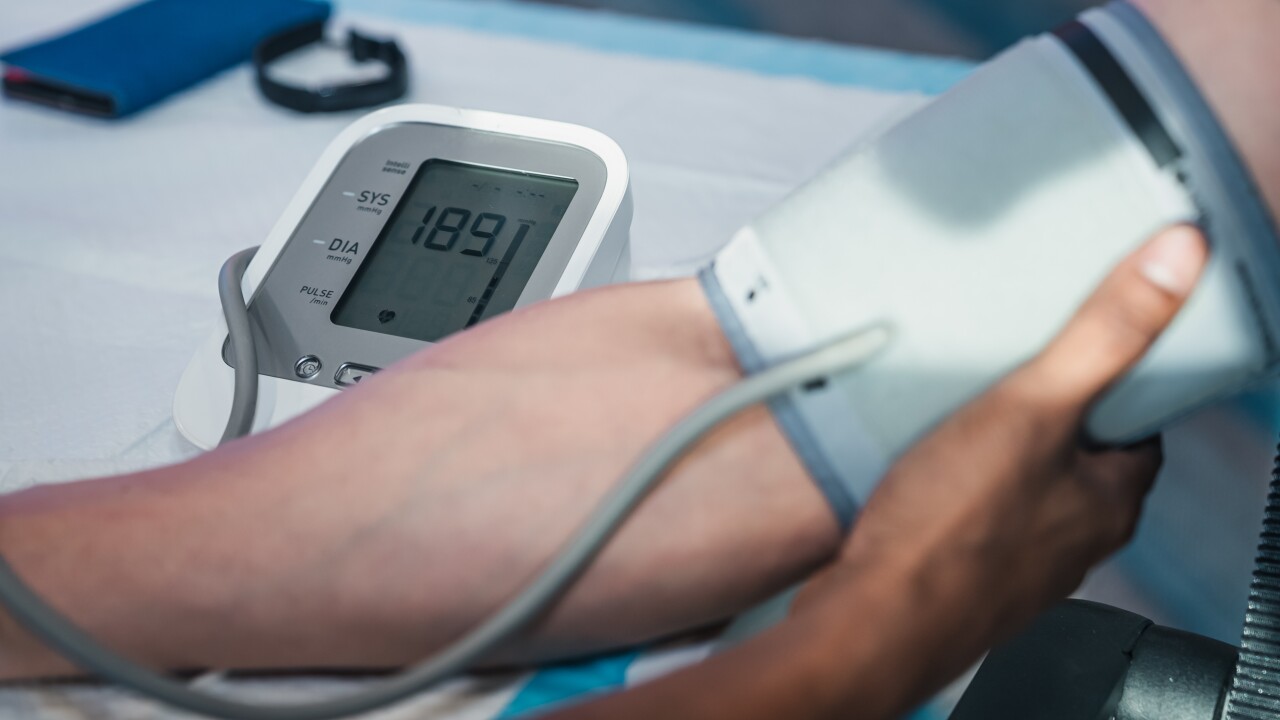New blood pressure guidelines stress early treatment, prevention

According to recent American Heart Association and American College of Cardiology guidelines, excessive blood pressure should be treated earlier. To reduce the risks of heart attack, stroke, heart failure, kidney disease, and dementia, this involves medication and lifestyle modifications.
The update, which was made public on Thursday, highlights the importance of maintaining a healthy weight, controlling stress, exercising, and eating a wholesome, low-sodium diet. In order to prevent major issues like preeclampsia, it also emphasizes how crucial it is to closely monitor blood pressure before, during, and after pregnancy.
The PREVENT risk calculator, which calculates a person’s 10- and 30-year risk for cardiovascular disease by taking into account factors like blood pressure, cholesterol, kidney health, and others, is a crucial addition. The tool is intended to assist patients and healthcare professionals in customizing care to meet each patient’s needs.
According to Dr. Daniel W. Jones, who chaired the writing group, high blood pressure is the most prevalent and easily changed risk factor for heart disease.
“Long-term heart and brain health, which translates into longer, healthier lives, depends on the prevention, early detection, and management of high blood pressure,” he continued.
The blood pressure classifications are unchanged from the 2017 recommendation:
- Normal blood pressure is less than 120/80 mm Hg
- Elevated blood pressure is 120-129/80 mm Hg
- Stage 1 hypertension is 130-139 mm Hg or 80-89 mm Hg
- Stage 2 hypertension is 140 mm Hg or 90 mm Hg





